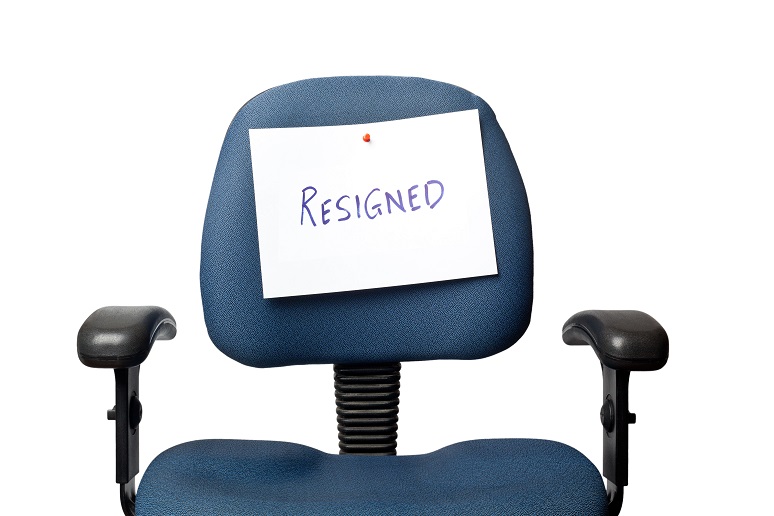The term Great Resignation came into common business parlance in September 2021, when the Harvard Business Review published an
article analyzing the causes and strategies to combat the stark fact that millions of Americans were quitting their jobs, four million in July 2021 alone.
The phenomenon has impacted contact centers not only in the U.S. but across the globe. The pandemic has shifted what agents want from their employers and careers. It is not surprising that service leaders are struggling with hiring and retention in what has become a fiercely competitive marketplace for skilled employees. Contact centers have already begun to reimagine their workforce operations, to invest in the agent experience, and prioritize flexibility to attract, retain, and nurture the best talent.
During a recent webinar, I had the opportunity to join three contact center executives to ask a series of questions on this timely topic: Shannon Marowitz, executive director of head of global education, knowledge, quality, and social for The Estée Lauder Companies Inc., Debbie Neuberger, senior VP of service operations for Realtor.com, and Madhav Thattai, VP of strategy & operations for Salesforce. Below are some highlights from our panel discussion.
Are you experiencing higher, lower or the same levels of attrition?
Not surprisingly, both Marowitz and Neuberger had attrition numbers at the ready. “We actually just updated our numbers this morning,” Neuberger said. She reported that since the start of the quarter in July 2021, turnover is seven percent higher than in 2020. She balanced that statistic with others that show that 38% of the company’s staff has been with Move, Realtor.com’s parent company, for over five years and 52% over three years.
Move is seeing turnover with its staff with less than one year of tenure, with half of the overall turnover coming from this demographic. Neuberger believes, “our weekly turnover is absolutely preventable, through leaning-in and listening.” But she went on to say that articles in the
press reporting that 70% of employees hate their jobs and are thinking about leaving “should be a wake-up call to all of us to find a way to invest more in the things like employee engagement initiatives.”
Marowitz agreed that Estée Lauder is seeing a bit of an increase in attrition. In addition to employees with less than six months tenure, the company is also seeing agents making life decisions. Estée Lauder has a lot of very tenured, long-standing employees that are coming to a time in their life where they are asking: “Do I want to keep doing this?” Marowitz said that the move to digital-first interactions is playing a role in some of these decisions, with more tenured employees not as quick to embrace the new digital world of customer experience.
During the live webinar, we asked the approximately 200 attendees to share their experiences with attrition. They responded in chat, saying they are experiencing higher attrition levels.
How has agent onboarding and training changed in a remote environment?
With easier questions handled by self-service options, the agent job is more difficult than ever before. With the current labor challenges, and the need to hire and train remotely, companies are forced to do things differently.
Both executives agreed remote work required a reevaluation of the entire onboarding experience. Today, unlike pre-pandemic, it means shipping equipment, making sure new agents have the right system access and permissions, checking that cables work. Realtor.com starts pre-onboarding readiness with a technology readiness session, from confirming that everything the agent needs is in the box that they were sent to making sure they know how to sign into Zoom.
“The days of going into a training or onboarding session from 8:00 am to 5:00 pm, Monday through Friday, is almost obsolete,” added Marowitz. Remote work, “really forced us to relook at the learning journey,” she said. Estée Lauder now thinks in terms of equipping a new hire with an onboarding journey. Some of the content is self-paced, some webinar-based. According to Marowitz, the approach is getting outstanding feedback from the frontline. Agents love that if they are hired part-time, they can do their learning part-time. They know exactly what they need to do to get to the next step in their curriculum.
Thattai added that at Salesforce, they have changed how they hire and the skills they look for and train. In the past, he said, the company hired for horizontal, generalizable skills that apply to a lot of different areas. Now, “the entire structure is more product-oriented, so that people actually get a lot more depth up front on the specific areas, the specific products they are going to be spending time supporting.” Intentional skill development, giving people a path, giving them the ability to continue developing skills throughout their tenure, he believes is key to managing agent attrition going forward.
There were more questions and more great insights offered by all three of the panelists. If this is a topic you are addressing in your firm, I encourage you to listen to the entire
conversation.










